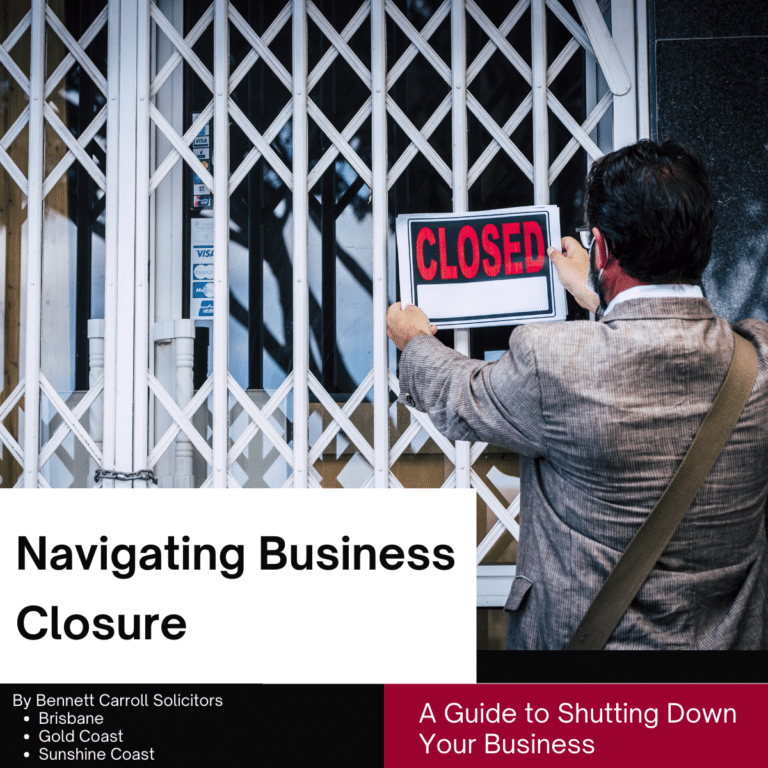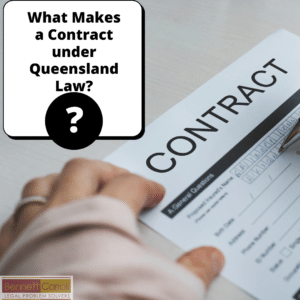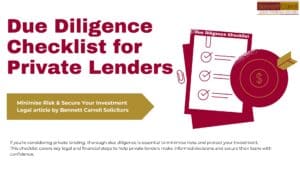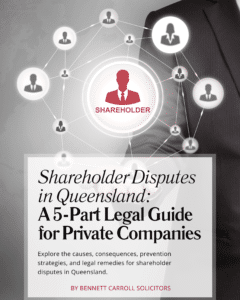Deciding to close down a business is a significant decision that requires careful consideration and adherence to legal procedures. Whether you’re a sole trader, a partnership, or a company, the process of winding up a business varies depending on the type of business structure. In this article, we’ll explore the steps involved in closing down a business and provide insights to help you navigate this process effectively.
Closing as a Sole Trader or Partnership:
For sole traders and partnerships, shutting down a business is relatively straightforward. As a sole trader, you have the flexibility to close your business at any time without formalities – simply ceasing operations marks the end of your business venture. Similarly, partnerships can stop operating provided all partners comply with the terms of the partnership agreement. While no formal procedures are necessary for closing as a sole trader or partnership, it’s essential to settle any outstanding debts and obligations before winding up.
Winding Up a Company:
Closing down a company, also known as “winding up,” involves more formal procedures and legal requirements. During the winding-up process, the company’s assets are realized, debts are paid off, and any surplus funds are distributed among shareholders. This process requires adherence to various legal procedures and may involve appointing a liquidator to oversee the process. The company’s name is removed from the register, and it ceases to exist once the winding-up process is complete.
Voluntary Liquidation:
Voluntary liquidation allows shareholders to wind up a company by passing a special resolution at a general meeting. This resolution requires the approval of 75% of the shareholders. Notice of the meeting must be provided, and if the company is solvent, the directors can make a declaration to this effect before the meeting. Voluntary liquidation provides the company with the flexibility to appoint its own liquidator and manage the winding-up process internally.
Compulsory Liquidation:
Compulsory liquidation is initiated by a court order following a petition from various parties, including creditors, shareholders, or government authorities. The court appoints a liquidator to oversee the winding-up process, and notice of the petition is advertised in the government gazette and newspaper. Creditors and shareholders have the opportunity to appear at the hearing and participate in the proceedings.
Dissolution of the Company:
Once the winding-up process is complete, the liquidator must convene a meeting of shareholders or creditors to provide an account of the winding-up. The meeting must be advertised, and a record of the meeting, along with the company’s accounts, must be lodged with the Australian Securities and Investment Commission.
Conclusion:
Closing down a business is a complex process that requires careful attention to legal requirements and procedures. Whether you’re a sole trader, partnership, or company, Bennett Carroll Solicitors is here to provide expert guidance and support to help you navigate the process effectively. From voluntary liquidation to compulsory winding-up, our experienced team can assist you in understanding your legal obligations and ensuring a smooth transition as you close your business. Contact us today to learn more about how we can help you navigate the process of shutting down your business and address any legal concerns you may have. With Bennett Carroll Solicitors by your side, you can close your business with confidence and peace of mind.
If you need assistance with your legal matters, contact our experienced lawyers at Bennett Carroll Solicitors. We have offices in Brisbane (Stafford and Upper Mount Gravatt), Gold Coast (Mermaid Beach) and Sunshine Coast (Kawana/Birtinya). Call us on 1300 334 566 today.
This is general information only. It is not legal advice. It does not take into account any niceties you may have and should not be relied upon by anyone. Contact us for advice on your specific needs before making any decisions based on this information.







